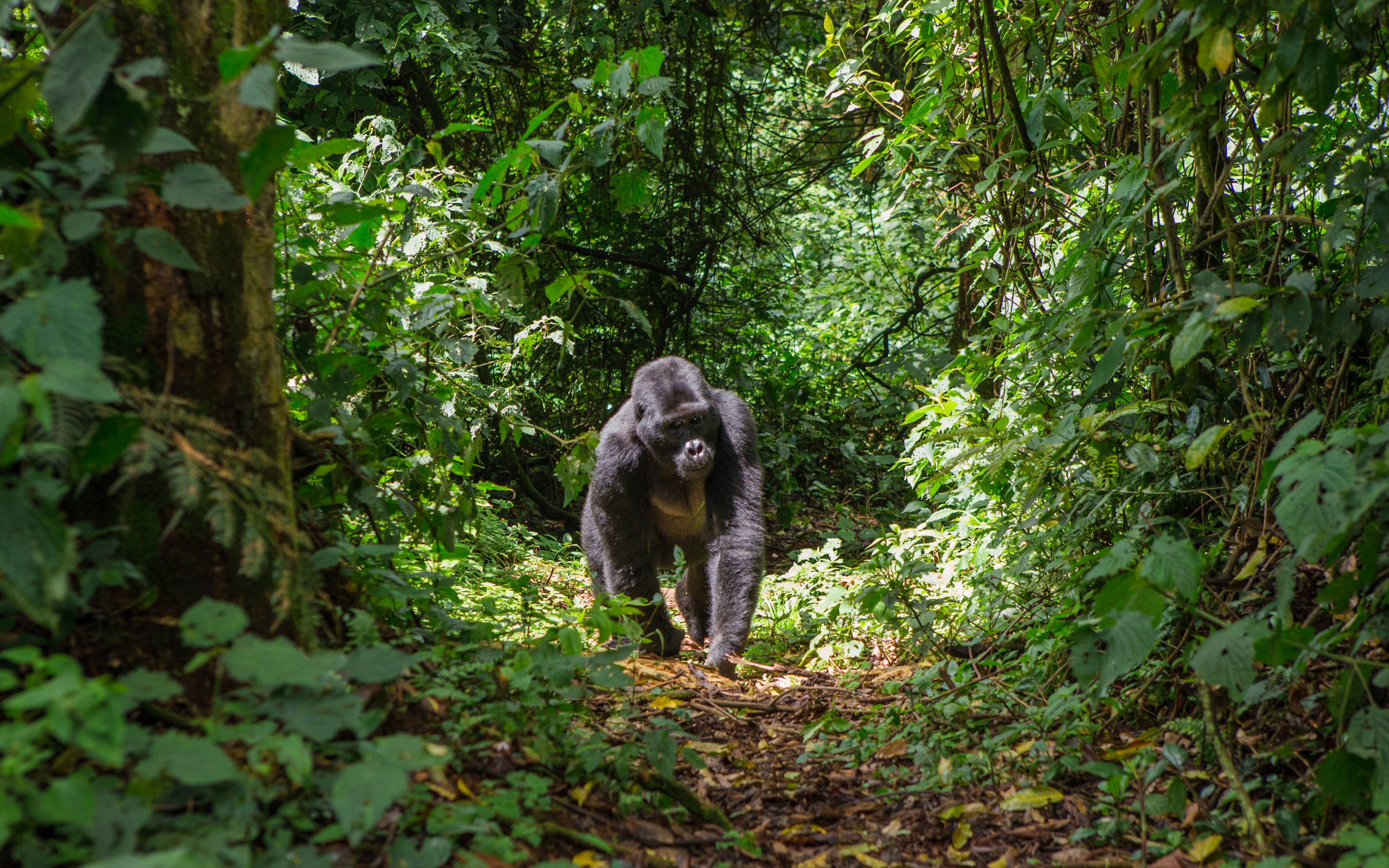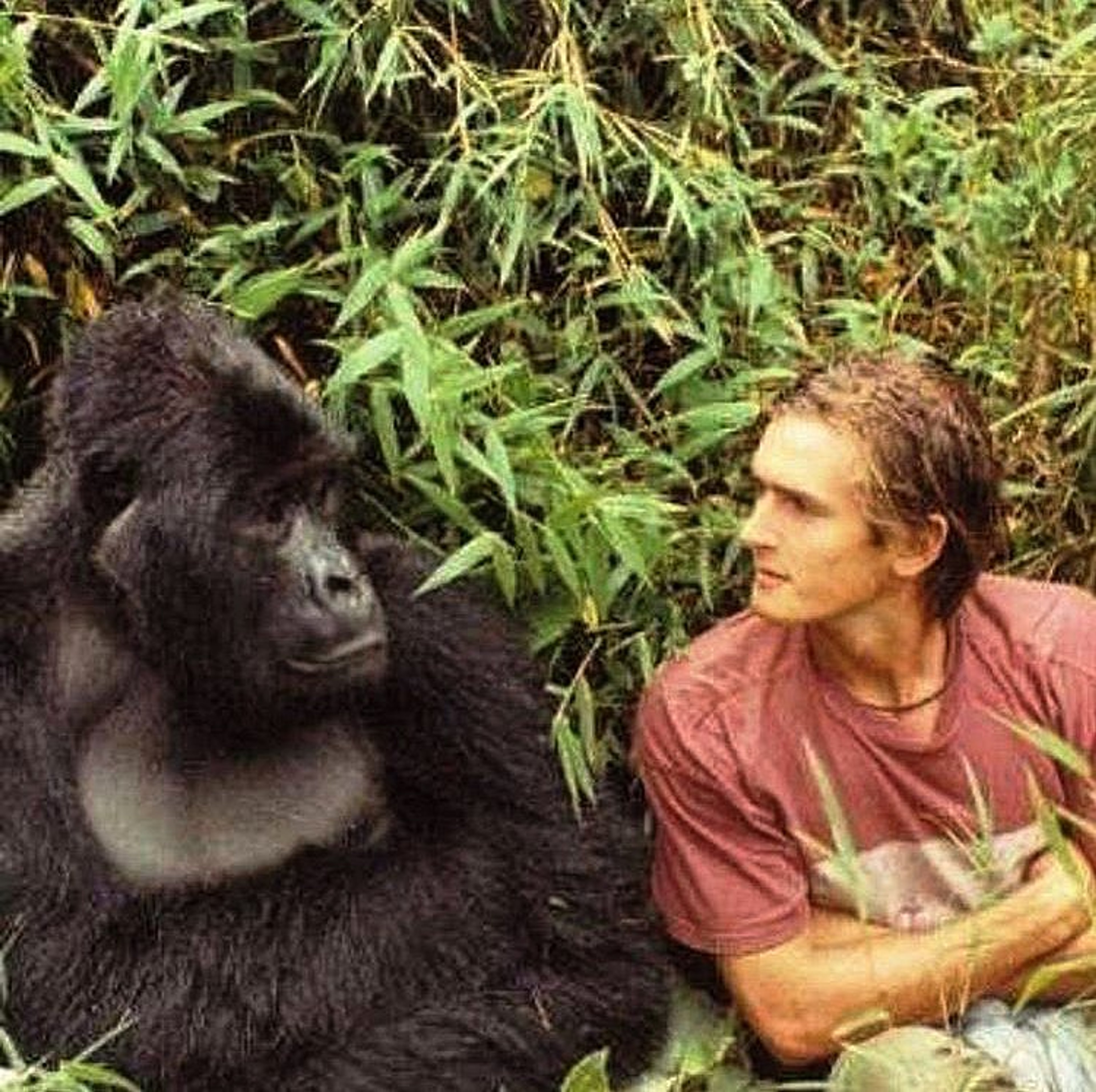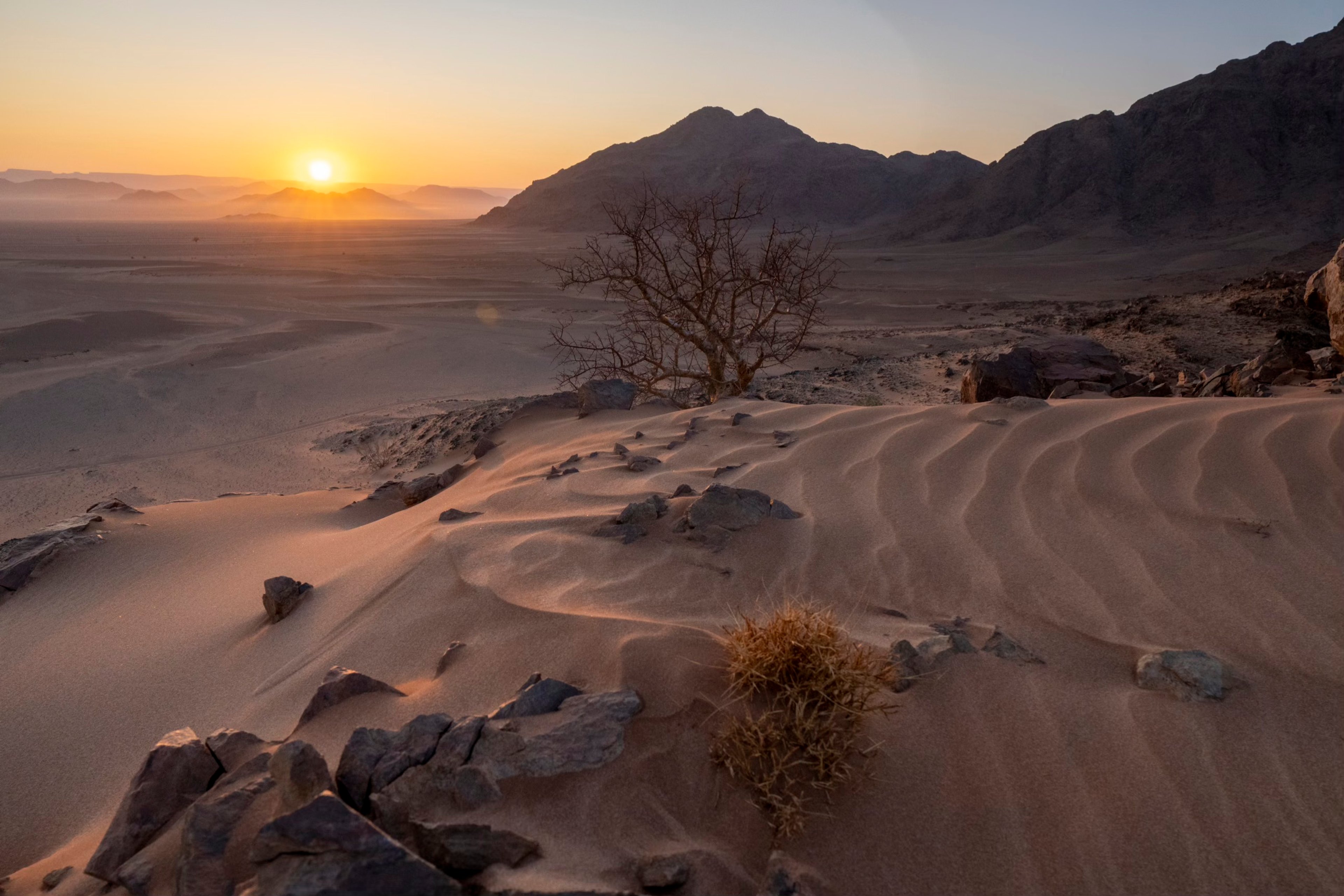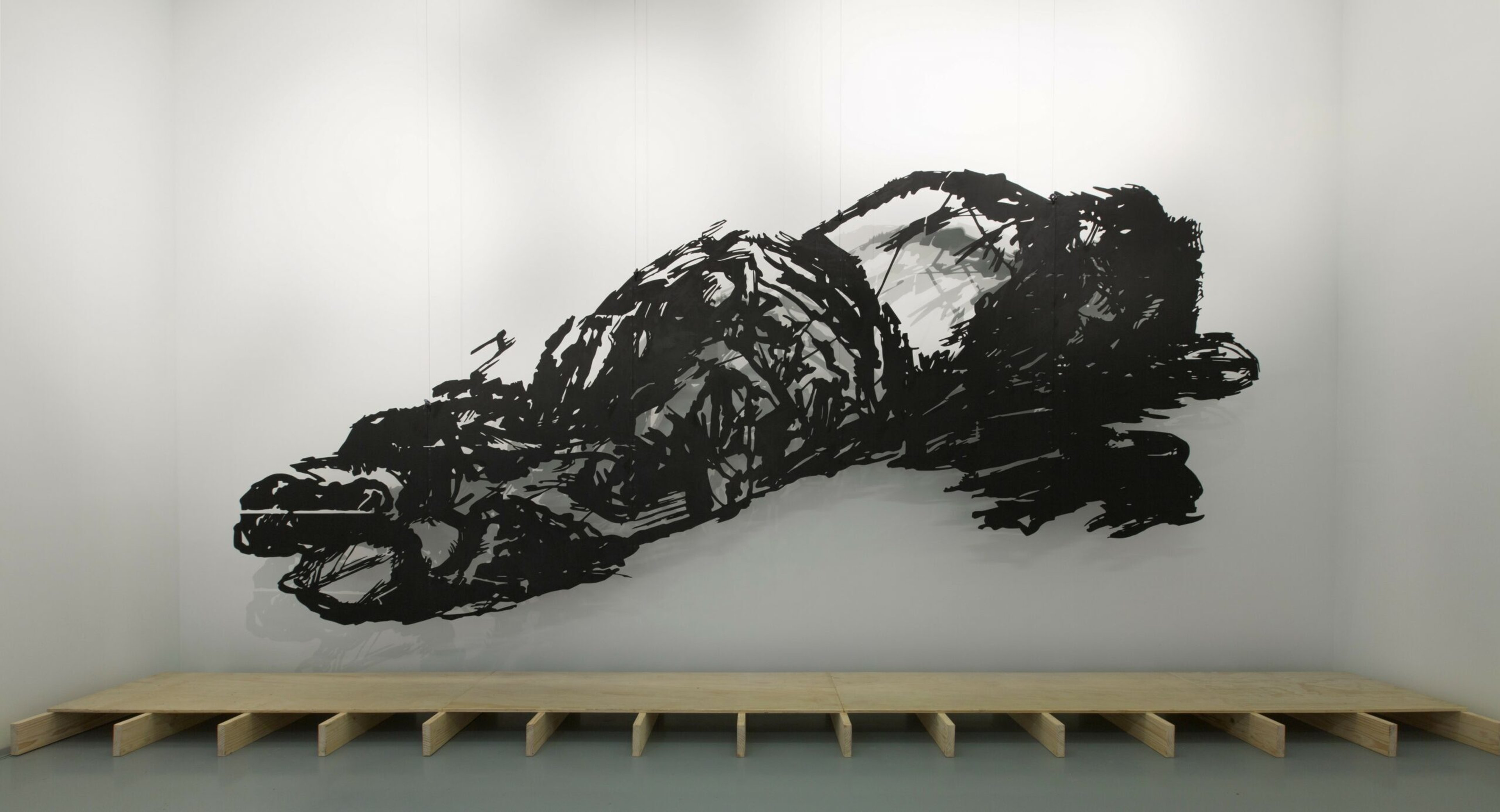This week our spotlight is on the beautiful country of Rwanda. It’s hard to believe that almost a quarter of a century ago, this country was torn apart when an estimated one million Tutsis and moderate Hutus were ruthlessly massacred in just 100 days. To travel to Rwanda today is to witness a country so miraculously and utterly transformed that none of the tribal divisions and hatred that prompted the genocide is evident, save for the many memorial sites and museums that chronicle the events of that time, and the ‘Kwibuka’ posters that serve as a constant reminder to Rwandans to ‘remember’.
For something remarkable has happened in Africa’s most densely populated nation – it has emerged with a miraculous sense of unity, a commitment to excellence in healthcare and education as well as gender equality, boasting more women in parliament than any government in the world. All of which undoubtedly culminated in Rwanda being listed as the ninth safest country in the world last year by the World Economic Forum – ahead of Portugal (12), New Zealand (13), Sweden (16) and the Netherlands (19).
Tourism is a big success story for Rwanda, with the sector pipping the coffee industry in the last few years to become its top foreign exchange earner. To date, the country’s prime tourist destination has been Virunga National Park in the north of the country. This 301 hectare UNESCO World Heritage Site is not only Africa’s oldest national park (it was established in 1925) but also one of the most biologically diverse protected areas on the planet. The park borders Rwanda in the north as well as Uganda and the Democratic Republic of the Congo and is home to just over half of the world’s 880 endangered mountain gorillas. These self-same primates that American scientist and primatologist Dian Fossey studied in the 1970s and ’80s are now monitored by The Dian Fossey Gorilla Fund that tracks 11 habituated families that each roam a different territory in the Virungas. Visiting these mountain gorillas that share 98% of our DNA, in their natural rainforest habitat is a bucket-list dream for most of us, and here exclusive treks for groups of eight or less can be anything from half an hour to half a day through lush jungle terrain. While gorilla treks originate in Uganda and the Republic of the Congo too, Rwanda has become rightly known for the access and exclusivity that its luxury lodges offer.





